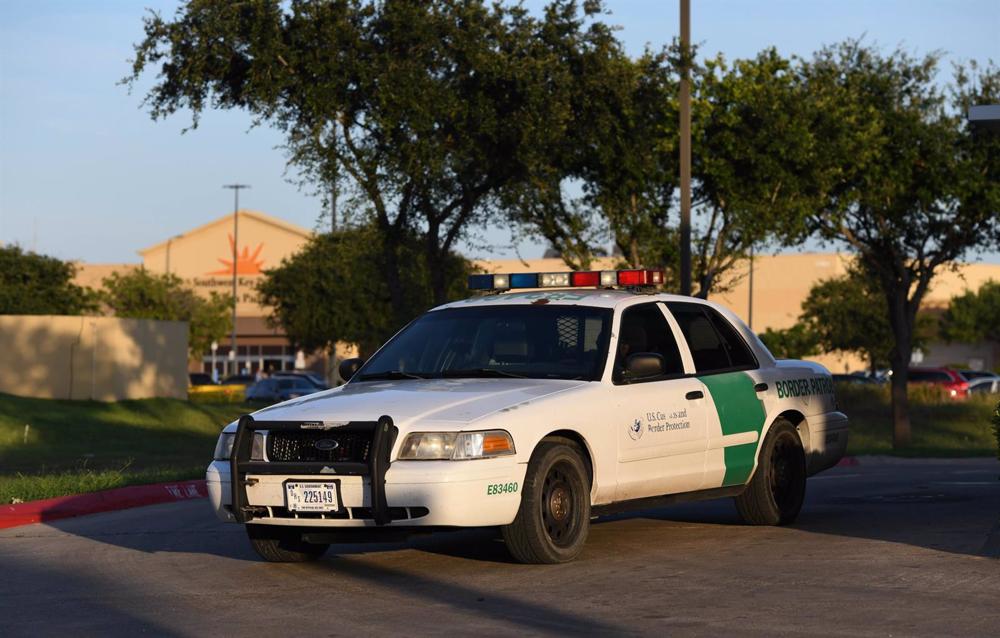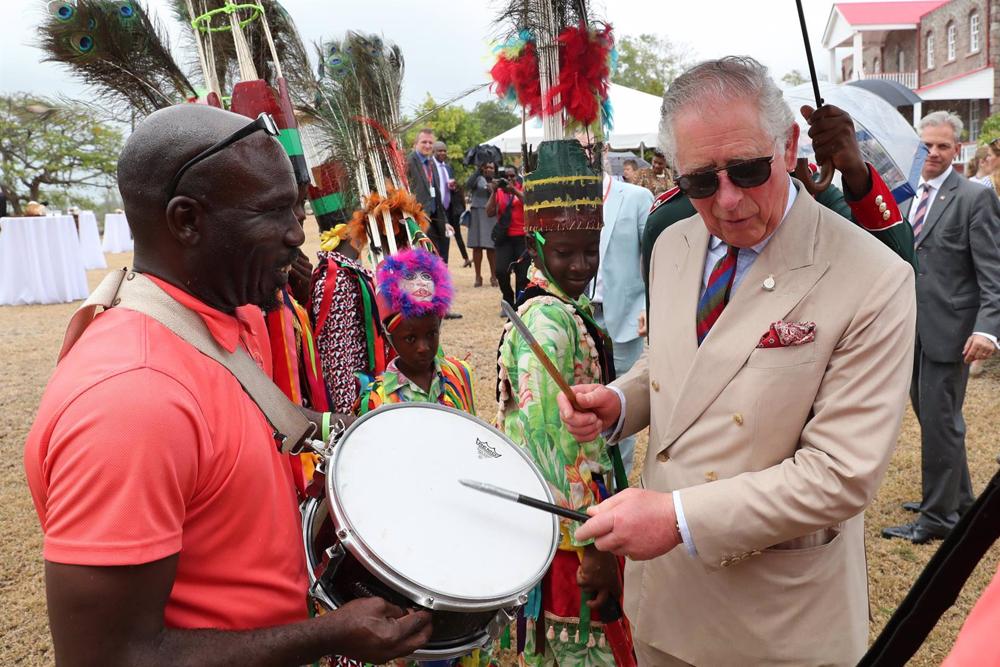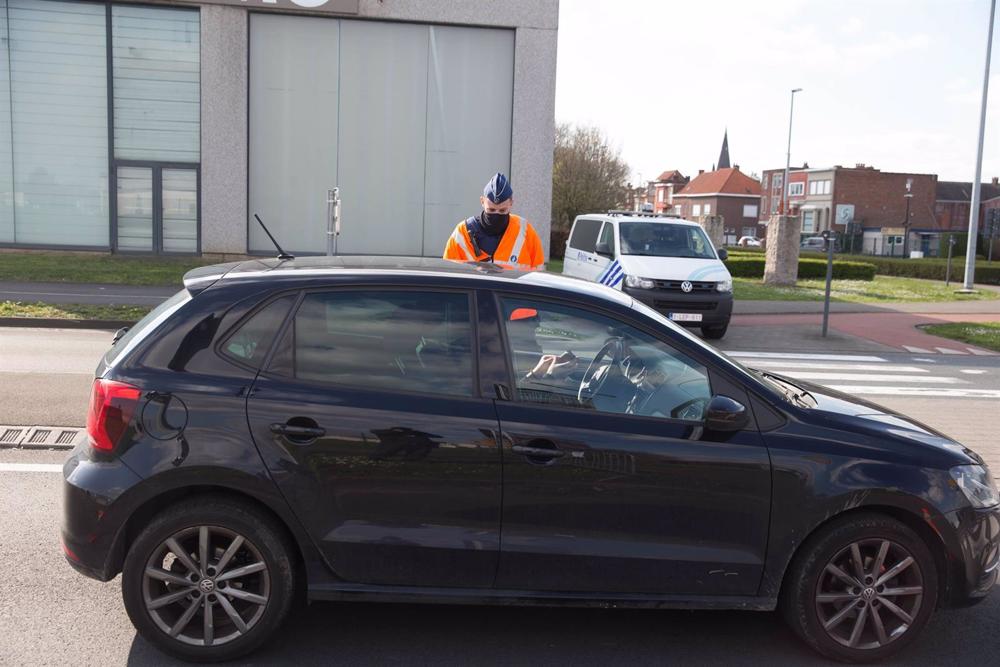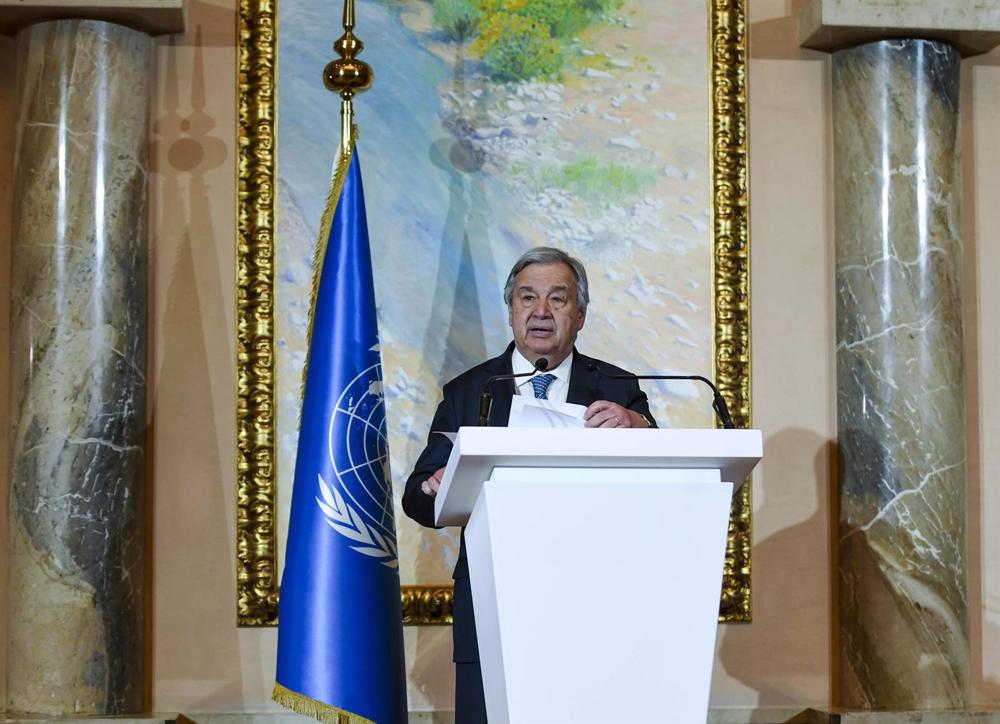
The trial of the 25 civilian and military suspects of participating in the attempted coup d’état on February 1 of this year to overthrow President Umaro Sissoco Embalo will begin on December 6.
The trial will be held at the Regional Court of Bissau, a judicial source revealed to Lusa news agency. However, there are ten other detainees arrested for the same facts, those imprisoned at the Air Base headquarters, who will not be tried in this process.
Among the twenty or so people who will be tried as of December 6 is the former Chief of Staff of the Navy, Vice Admiral José Américo Bubo Na Tchuto. There are three other cases, those of Tchami Yala, Domingos Yogna and Papis Djemé, in which they will be tried ‘in absentia’ as their whereabouts are unknown.
The 25 detainees facing trial are accused of attempted coup d’état, as well as of the death of eleven people, most of them officials of the security team of the Guinean president, Umaro Sissoco Embaló.
On February 1, 2022, a group of armed men attacked the Government Palace while a meeting of the Council of Ministers in which Embaló was participating was taking place. The government has always maintained that the disgruntled military were backed by drug trafficking networks, mercenaries and even separatist rebels of the almost defunct Movement of Democratic Forces of Casamance (MFDC).
For its part, the Guinean League of Human Rights has accused the State of holding «hostage» 17 people whom it continues to accuse of their alleged role in the coup, despite the fact that the Prosecutor’s Office itself has ordered their release or less punitive measures in the absence of evidence.
CONTEXT OF AN ANNOUNCED COUP OF STATE The events of February 1 took place a few days after a questioned government reshuffle by President Embaló, which was initially contested by the United People’s Assembly (APU), the party of the Prime Minister, Nuno Gomes Nabiam.
The attempt also came after the Army warned in October 2021 that a group of military personnel had been identified as preparing a coup d’état, thus adding a new chapter in the history of instability that has been shaking the political life of this country since its independence from the Portuguese metropolis back in 1974.
Embaló was sworn into office in February 2020 after a controversial presidential election that resulted in a deep institutional crisis following a series of lawsuits filed by his rival in the December 2019 elections, Domingos Simoes Pereira, candidate of the African Party for the Independence of Guinea and Cape Verde (PAIGCV), which has traditionally dominated Guinean politics.
The elections took place after a new political crisis in the African country and finally resulted in the first peaceful transition of power, as José Mario Vaz became the first president since independence in 1974 to complete his mandate after being democratically elected.






